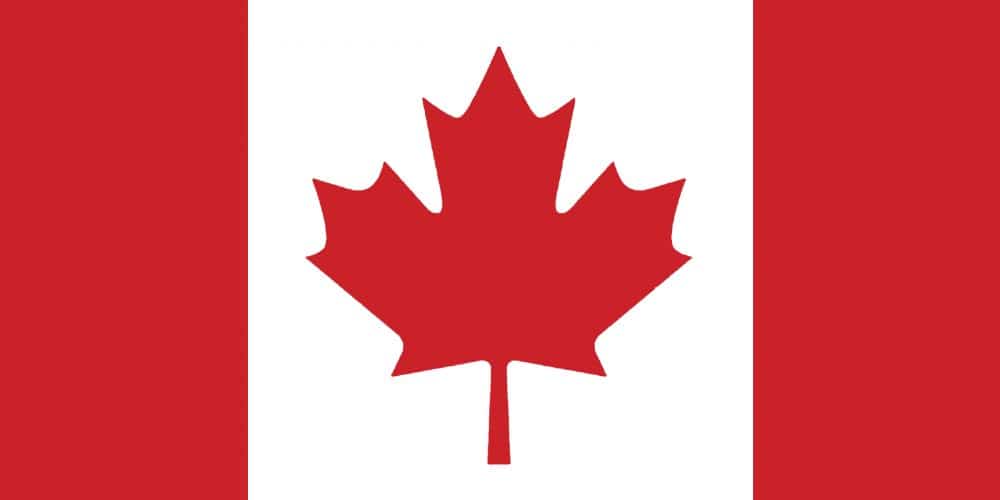On January 30, 2015, the Federal Government introduced Bill C-51, also known as the Anti-terrorism Act, 2015. In addition to amending several existing statutes, including the Criminal Code and the Canadian Security Intelligence Service Act, the bill, assuming it is passed, will enact two new pieces of legislation, one of which is entitled the Secure Air Travel Act. The Bill received its second reading February 2015, and is currently before a House of Commons Standing Committee on Public Safety and National Security.
The Secure Air Travel Act provides for the creation of a “no fly” list, which will include the name, any known alias, date of birth, and gender of any person who the Minister of Public Safety and Emergency Preparedness has reasonable grounds to suspect will:
- engage or attempt to engage in an act that would threaten transportation security; or
- travel by air for the purpose of committing an act or omission that is an offence under certain sections of the Criminal Code, including participation in an activity of a terrorist group, facilitation of terrorist activity, or the commission of an offence for a terrorist group.
The Minister may disclose the list to various persons, including air carriers and law enforcement officials such as the RCMP, Canada Border Services Agency, and the Canadian Security Intelligence Service (CSIS). Carriers are prohibited from disclosing the list, any information about a listed person, or whether or not a person is listed, except if required under the Act or by a court.
Under the Act, air carriers are required to comply with various requirements before allowing any person to board an aircraft. This includes providing certain information to the Minister of Transport regarding all passengers who are expected to be on board its flights (carriers are already required to do this under the Aeronautics Act). This includes the passenger’s name, date of birth, citizenship, gender, and passport number.
The Act also provides that carriers may be directed to “do anything that, in the Minister’s opinion, is reasonable and necessary” to prevent a listed person from engaging in any of the acts or offences listed above. This includes, but is not limited to, denial of transportation and screening of the passenger.
After concerns expressed by a witness representing the Canadian airline industry before the Standing Committee regarding these very broad powers of the Minister, the Committee amended this section on March 31, 2015. The amendment will instead permit the Minister “to take a specific, reasonable and necessary action” to prevent a listed person from engaging in the specified acts or offences, rather than doing “anything” that is, “in the Minister’s opinion”, reasonable and necessary. This amendment appears to change little in terms of the practical effect of the section.
The creation of a no-fly list will not be new in Canada. A program entitled Passenger Protect currently exists, in which Transport Canada provides information to carriers regarding persons on a “Specified Persons List”. The carrier is required to screen each passenger to determine if his or her name matches one on the list, and if so, must also compare the person’s date of birth and gender. If these match, the carrier must immediately inform the Minister of Transport, who may issue an “emergency direction” if he or she is of the opinion that there is an immediate threat to aviation security or public safety. This direction may, among other things, prevent the individual from travelling. The individual may then seek reconsideration of the emergency direction by Public Safety Canada, and, if the decision is confirmed, may seek judicial review by the Federal Court.
It is assumed that the process for denying travel under the new list will be similar, although the details are not known at this time as no regulations have been tabled. The standard for inclusion on the list, however, has been expanded from the Specified Persons List, primarily to include individuals who may not present an immediate threat to aviation security, but who are suspected to be travelling in order to engage in training with a terrorist group.
There has been widespread controversy over the Bill, both with respect to the no-fly list and its other elements. However, it is expected that the Bill will be passed by the House of Commons later this month. Assuming it is passed by the Senate, which is also expected, it will almost certainly be proclaimed into force prior to the federal election which will likely occur in October 2015.


